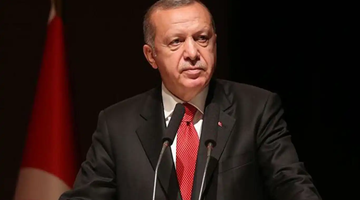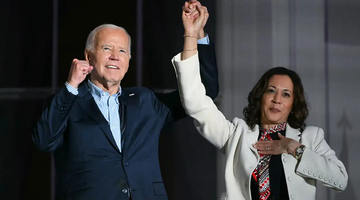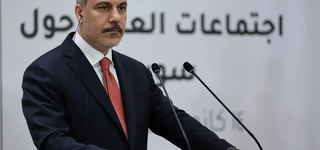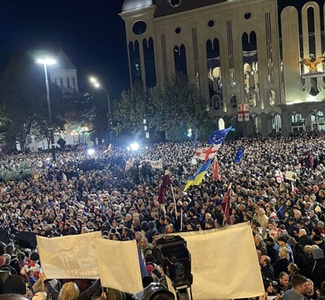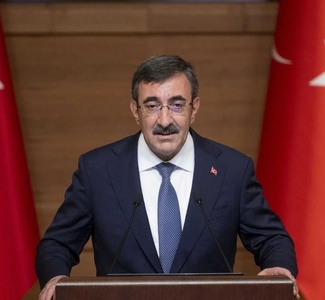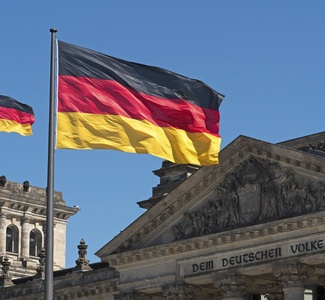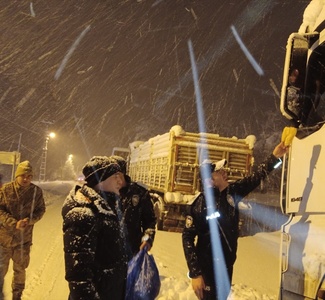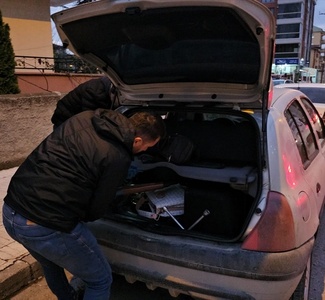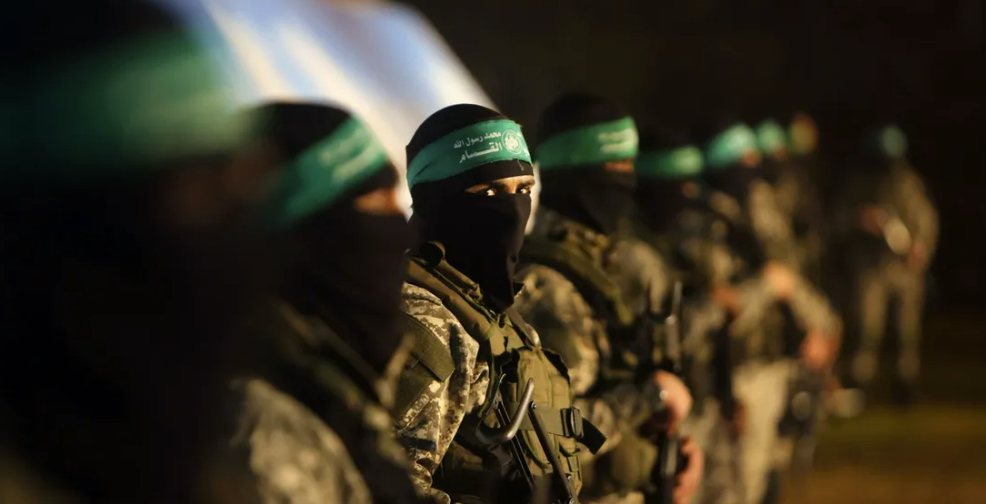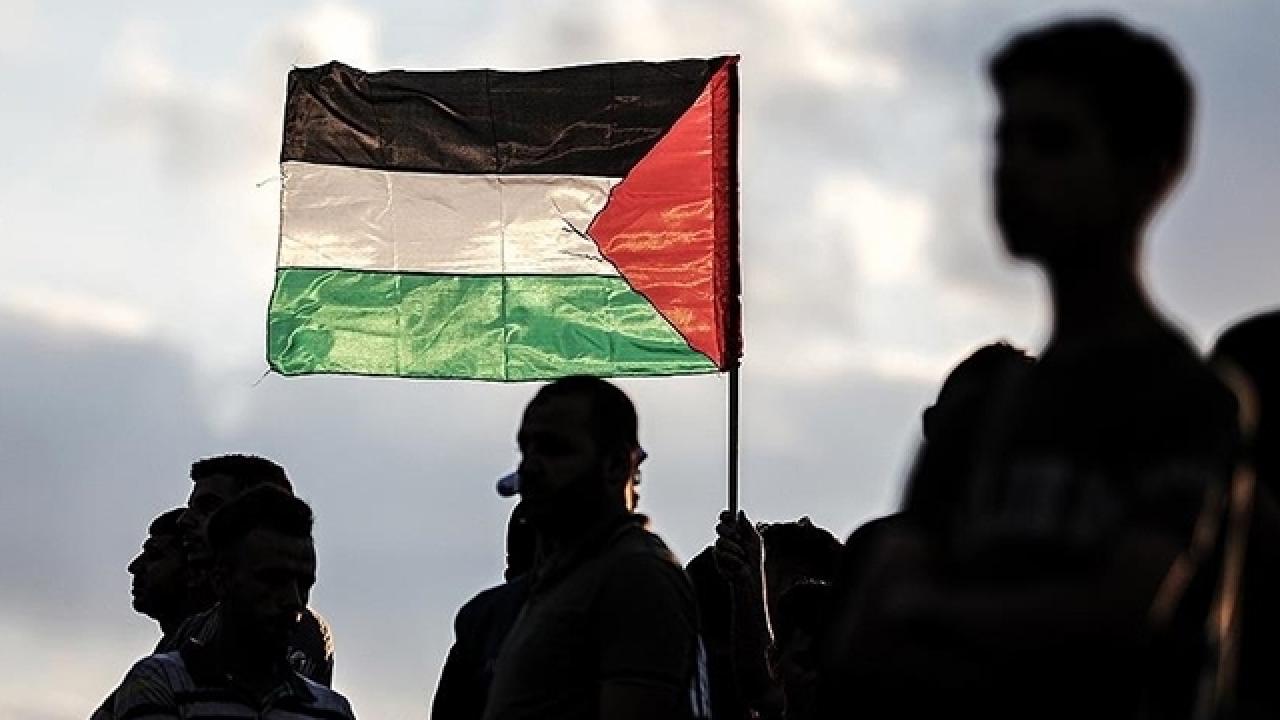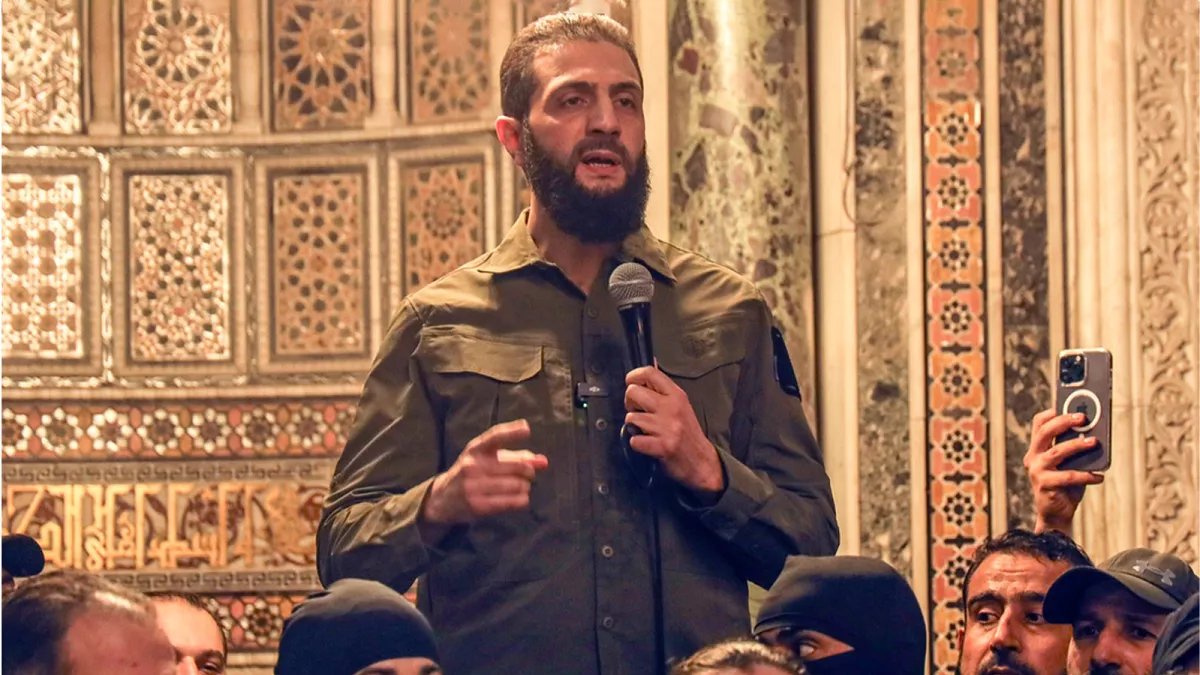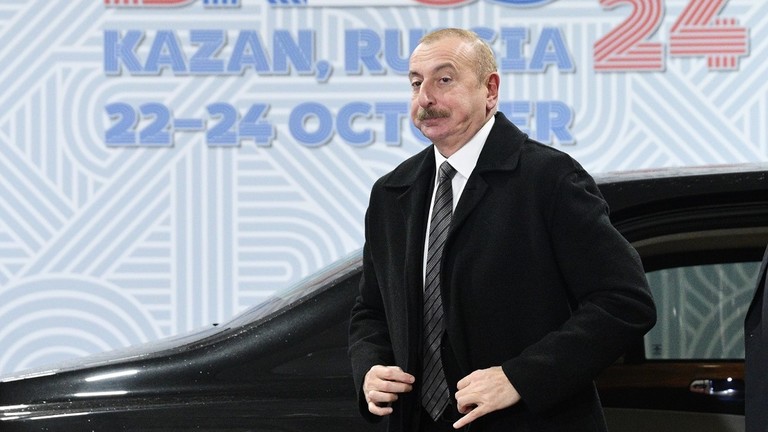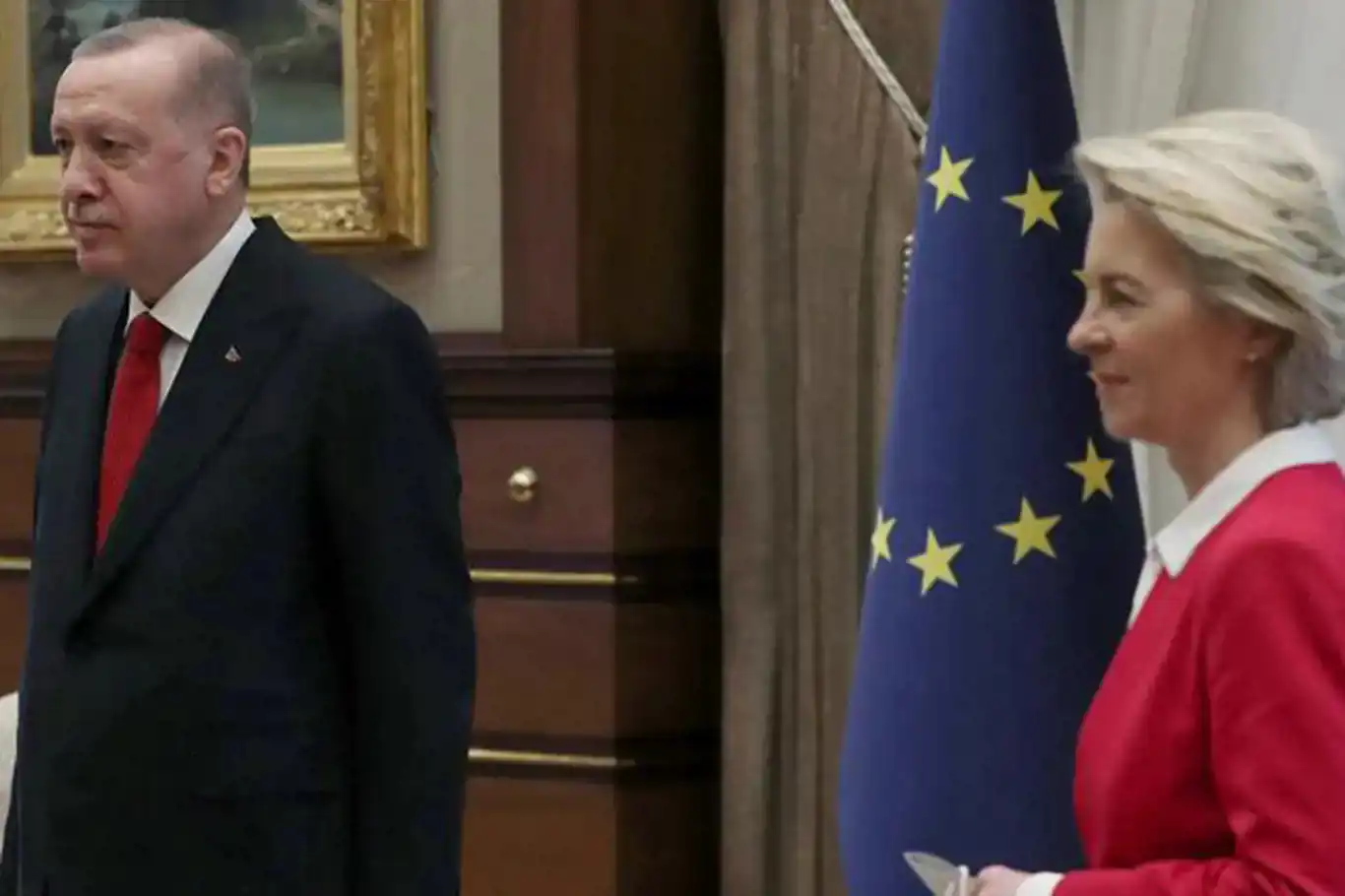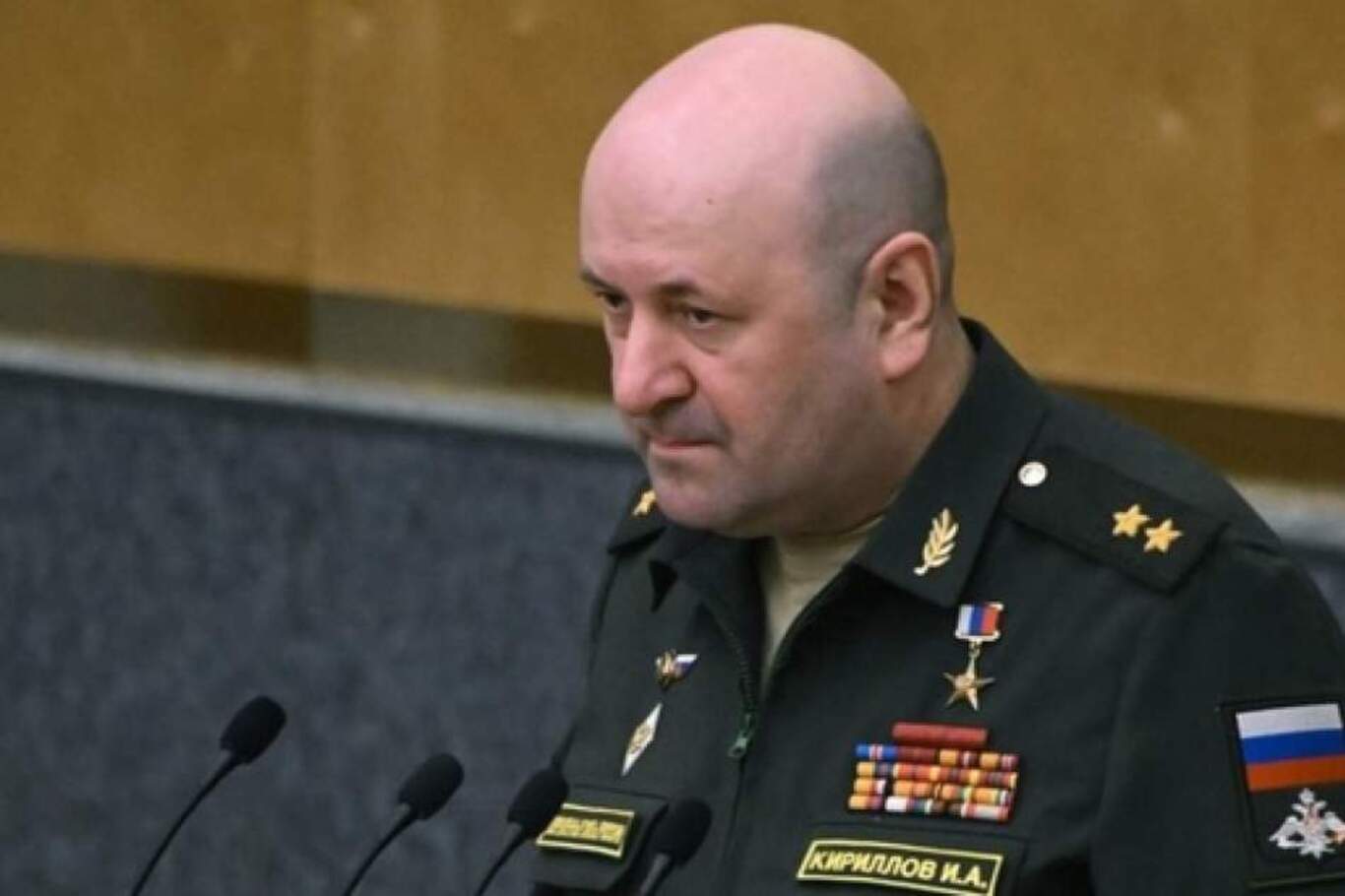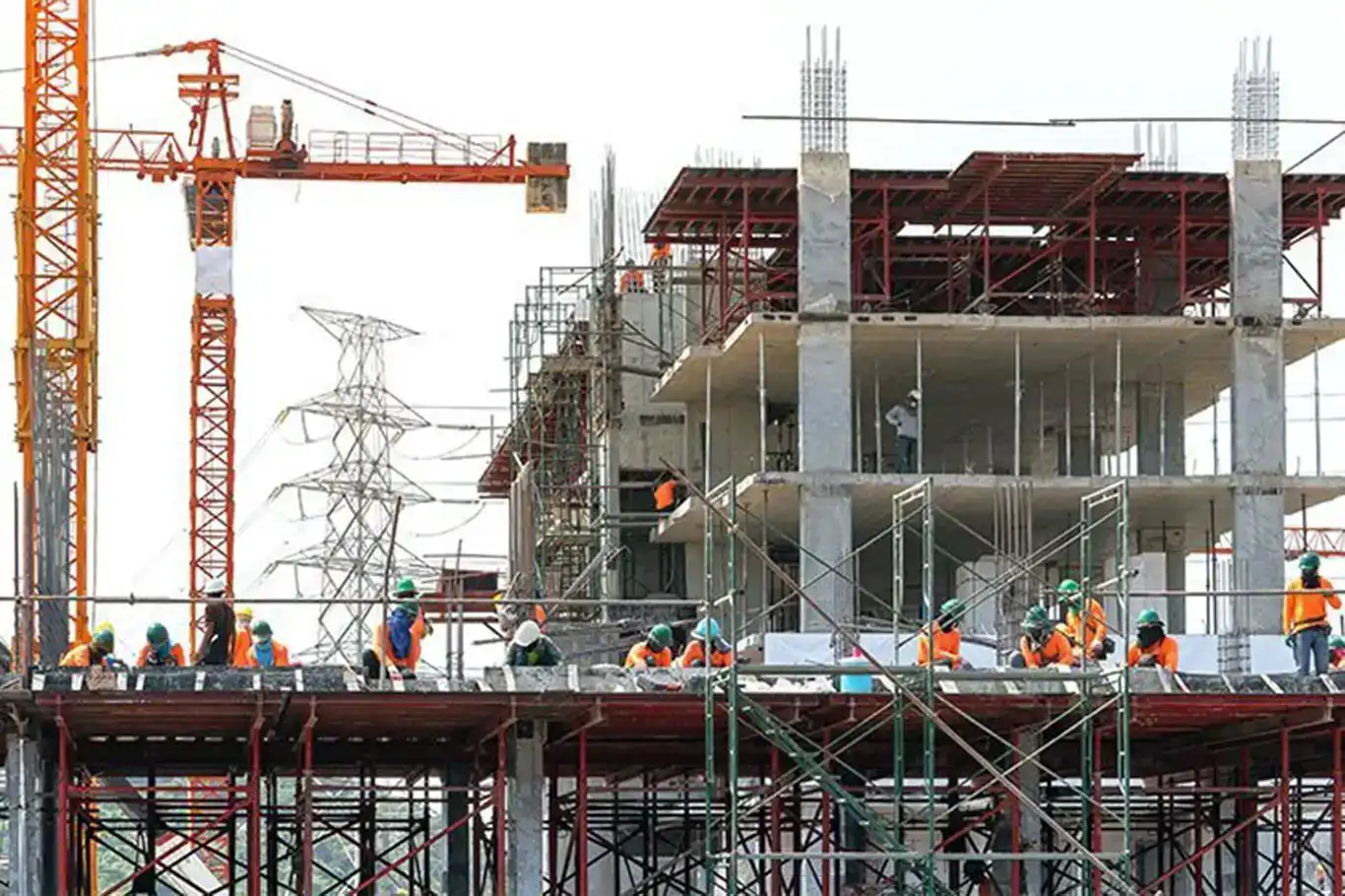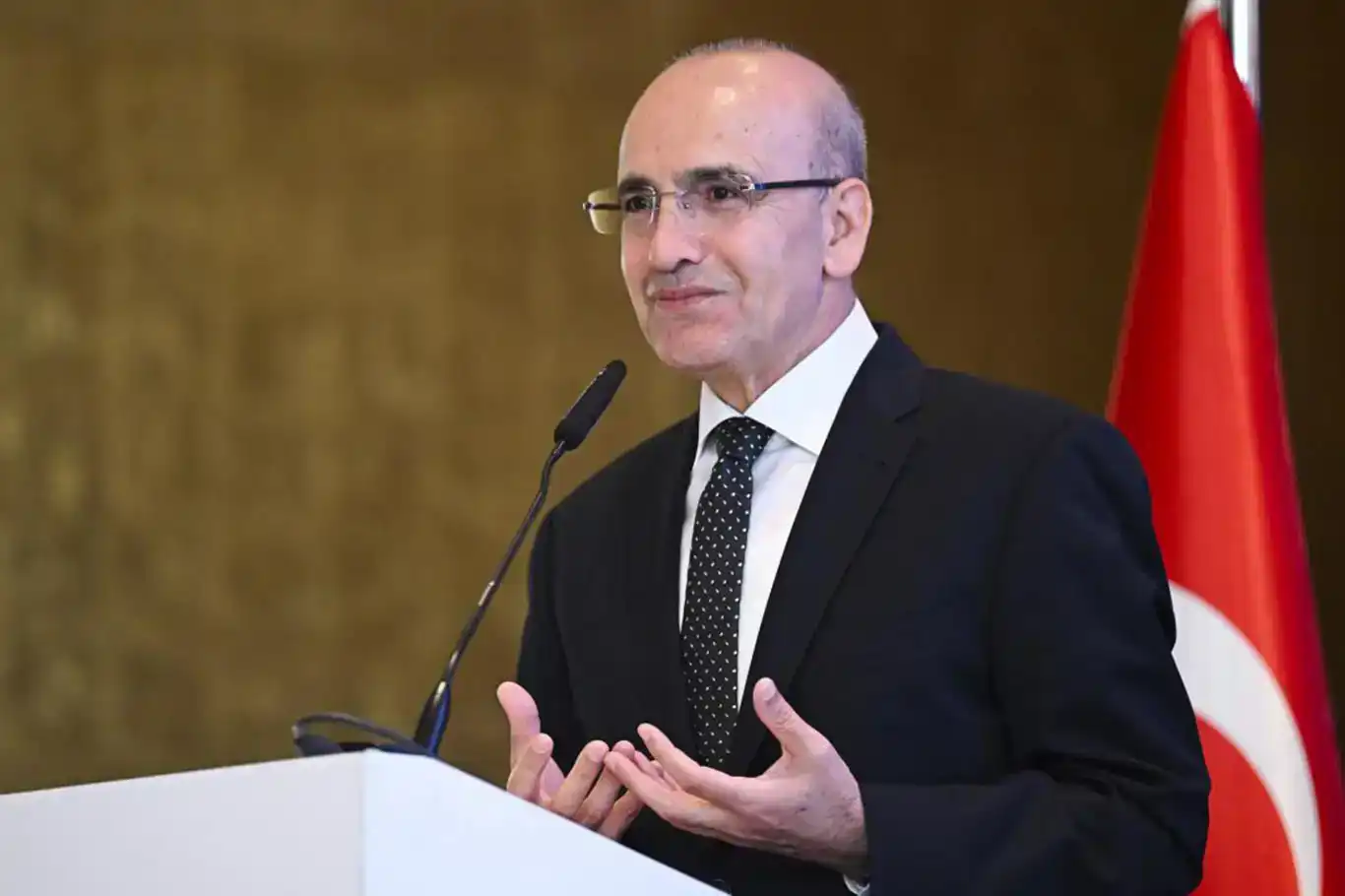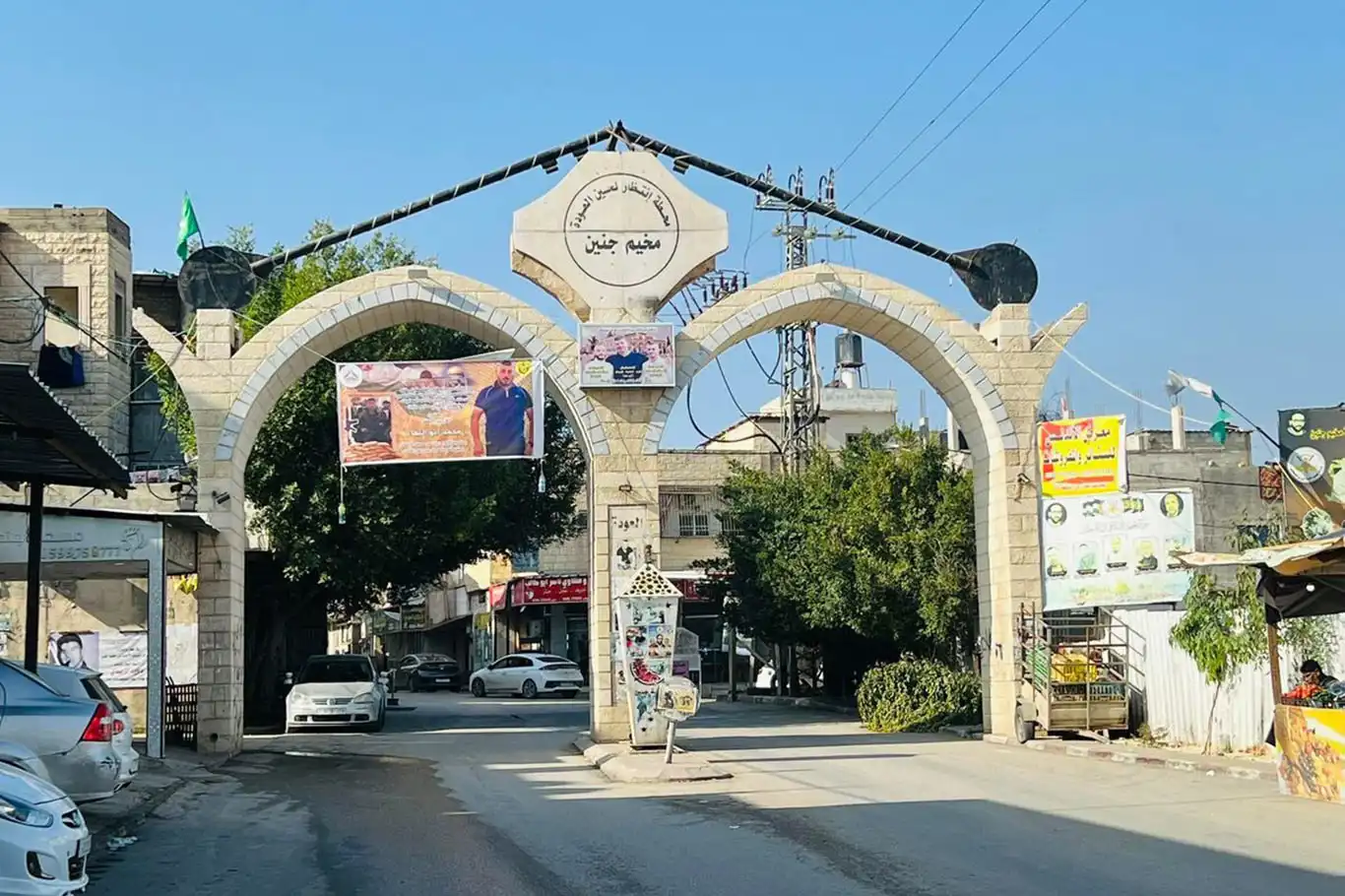Bangladesh eases job quota system after violent protests
Bangladesh's top court has partially rolled back a controversial quota system for government jobs, following a week of violent protests that gripped the nation and claimed over 100 lives.
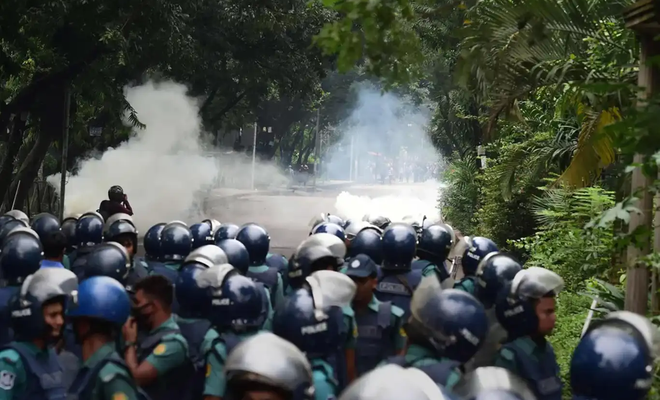
 Google News'te Doğruhaber'e abone olun.
Google News'te Doğruhaber'e abone olun. The move marks a significant concession by the government but may not fully quell student unrest.
The quota system, initially scrapped in 2018 by Prime Minister Sheikh Hasina's administration, reserved a significant portion of public sector jobs for relatives of veterans who fought in the 1971 war of independence from Pakistan. This policy, however, was seen by many as unfair, particularly younger generations, who felt it limited their opportunities in a competitive job market.
A lower court's decision to reinstate the quota system last month sparked widespread student protests. The demonstrations quickly escalated, turning violent in some areas. Clashes between protesters and security forces resulted in numerous deaths, injuries, and widespread destruction. The government responded with a harsh crackdown, imposing curfews and internet blackouts, which further fueled student anger.
The Supreme Court's ruling now allocates 93% of government jobs based on merit, a major shift from the previous system. However, a 5% quota remains for family members of war veterans, acknowledging their sacrifices. Additionally, a separate 2% quota is reserved for ethnic minorities and people with disabilities.
While some student leaders welcomed the court's decision as a step in the right direction, they have vowed to continue protests until the government addresses their other demands. These demands include:
Justice for those killed in the protests: Students seek a transparent investigation into the violence and accountability for those responsible for the deaths.
Release of detained protesters: Many student activists were arrested during the unrest. Their release is a key demand for protesters.
Restoration of internet services: The government-imposed communications blackout disrupted daily life and hampered communication during the protests.
Resignation of government ministers: Some student groups hold government officials responsible for the violent crackdown and demand their resignation.
The situation in Dhaka, the capital, remains tense. Streets are deserted due to the ongoing curfew, but sporadic clashes have been reported. The unrest has also caused significant damage to public property, with reports of arson attacks on government buildings and the metro system.
While the court ruling offers a potential path towards resolving the quota issue, the ongoing student protests highlight deeper concerns about government accountability and social justice in Bangladesh. Whether the government can effectively address these concerns and restore calm remains to be seen. (ILKHA)



























